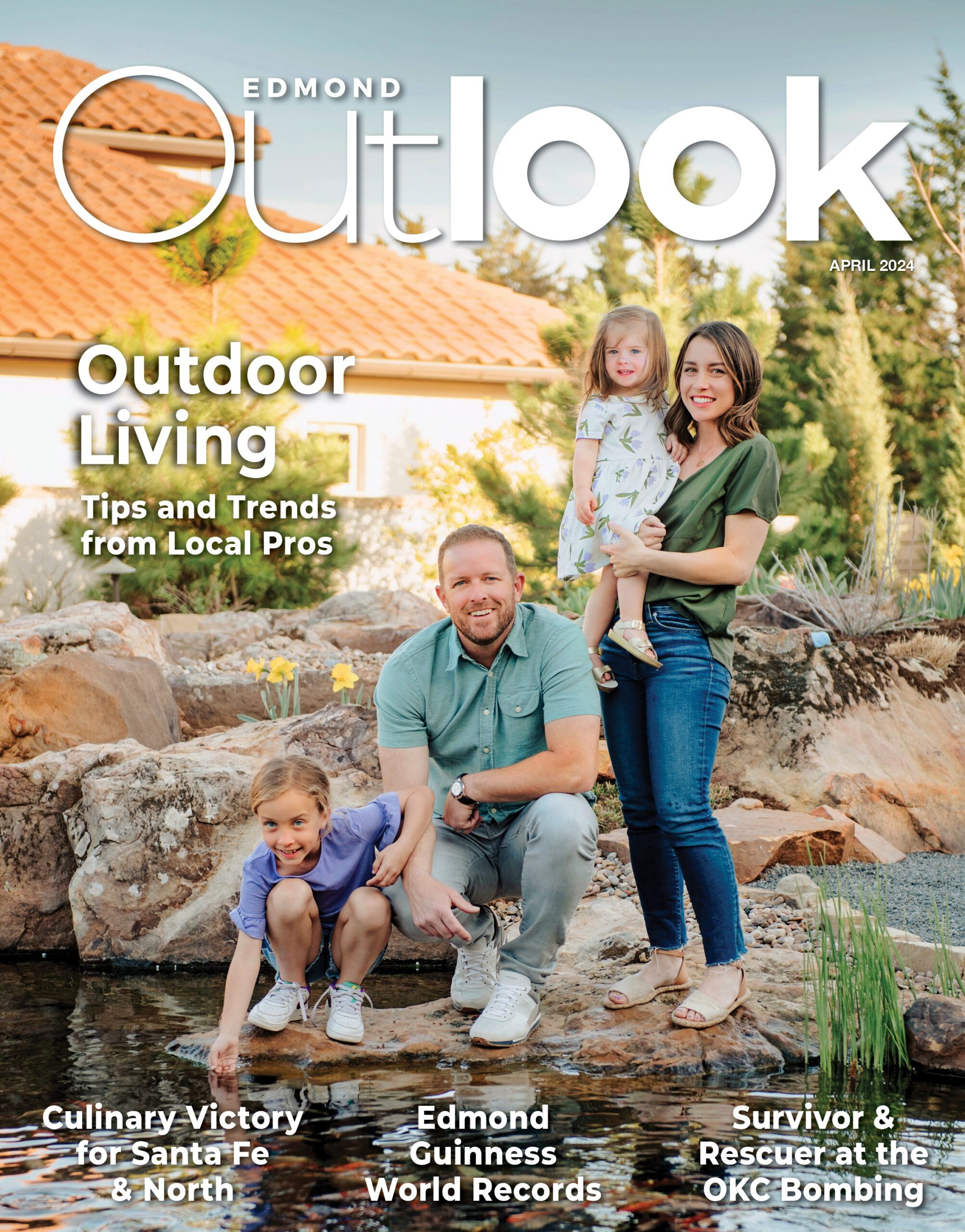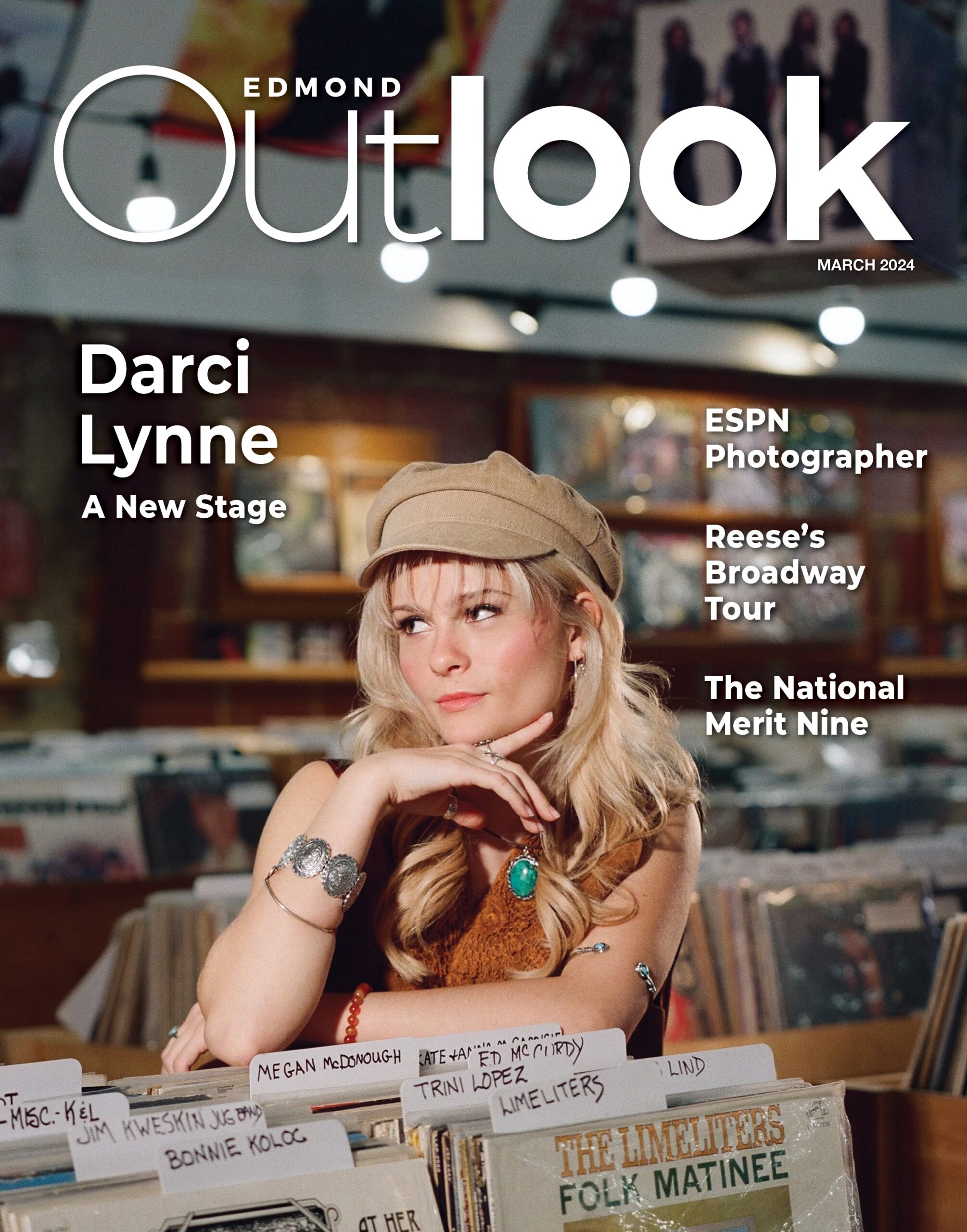Capturing Life Through a Lens
Darrell Barton has been in most wars since the mid-1960s. “I fought in Vietnam and filmed the rest,” he said, speaking of his years as a cameraman with ABC, NBC and CBS news.
Born in Arkansas and growing up “all over” but mainly in Kansas, Barton had an interest in cameras from an early age, selling his first photograph at age 14. In the eighth grade, a photographer from Life Magazine spoke at his school.
“I thought that was the coolest guy I ever saw,” Barton said. “I wanted to be a Life photographer.”
After high school, he took a job at a photography studio, taking pictures for schools and weddings, of babies and a variety of other things.
Eventually, Barton joined the Marine Corps, telling the recruiter he was a professional photographer and he expected to take pictures for the Marines. The recruiter assured him that would happen.
“They lied,” said Barton, who served as a combat Marine in Vietnam.
After the military, he worked as a photographer at Wichita State while attending college. He was given an assignment to take a photo of someone boarding a bus.
“The buses were on strike and no one was riding. I saw this cute blonde at a McDonald’s and asked her to stand by the bus and act like she was getting on,” Barton said. “Best picture I ever took and I’ve been married to her for 39 years.”
It was also during those college years that he landed a job at a TV studio and became fascinated with “motion” pictures. He never went back to “stills.”
In 1969 Barton found his way to Oklahoma City where he worked as chief photographer for Channel 4 TV. He spent 15 years with the station, making his mark as a savvy cameraman and winning many awards. Twice, he garnered the national spot as TV News Photographer of the Year.
The large networks took notice and called – often — but Barton didn’t want to move to Los Angeles or New York. So he set his sights on freelancing. In 1988, he found his match, working on the original “48 Hours” program for CBS.
“In those days most stories were ‘cold’ when they aired on the news,” Barton said. “What we did was take a full crew — directors, producers, journalists, cameramen, etc. — to a location and filmed a full documentary within a 48-hour time period, something that had never been done before. It would air within two weeks.”
It fit Barton’s style, who admits to being addicted to the adrenaline rush of a live shoot and calls himself a “run and gun” cameraman.
He also worked with “60 Minutes” on CBS as well as major network evening news programs, having fully established himself as a freelance cameraman. For 12 years hopped on an airplane every other day, going to places like Panama, Iraq, Haiti, Bosnia, Afghanistan, Nicaragua, Guatemala, the Middle East and more. There are few places he has not filmed a war or documentary.
However, he rarely sees the world the tourist sees. “I’m usually in the worst part of the country or city,” said Barton, who has shot documentaries on crime in Russia and has ridden with Scotland Yard in London. He filmed people with diseases in Kenya and Indonesia, and has been in more war zones than he can count.
Barton traveled to Afghanistan soon after the 9/11 attack on the United States, where he filmed for the evening network news as well as “60 Minutes.” Although he didn’t go into Iraq with the troops, Barton received a call when Saddam Hussein was captured.
“They asked if I could be at the airport in an hour. I said, ‘No I can be at the airport in two hours.’” At Will Rogers Airport, Barton went down the row of ticket counters saying, “I need to get to Amman, Jordan. How can I get there?” He traveled from Oklahoma City to Chicago, to Istanbul then Amman, where he joined a convoy and drove to Baghdad. There he did what he does best: showing the American people what was going on half a world away through the eye of his camera.
Barton has met leaders from around the world and worked with big-name broadcast journalists such as Dan Rather, Erin Moriarity, Susan Spencer and more. His favorite is Dan Rather.
And though he has filmed wars across the world, he said he is not a “war shooter.”
“War shooters shoot (film) only wars for a living and take chances I would never take. During my 14 months in
Vietnam, it was my goal every morning to be alive that evening,” said Barton, who claims to have good instincts on staying alive but never takes unreasonable risks.
Barton now calls himself “semi-retired,” not wanting to get on a plane in an hour’s notice. He does, however, still work with “48 Hours,” filming the “BTK Serial Killer” story in Wichita last summer and a project this summer. He still freelances for the network news but doesn’t work as much or travel as far.
These days he is content to farm on his acreage north of Edmond. “It’s a hobby out of control,” said Barton, who enjoys taking his vegetables to the Edmond Market in his Model A truck.
“I have filmed all over the world,” Barton said. “Every place I’ve ever been has a market place, a market day; the social life of the village.” He sees the Edmond Market the same way: a place where people buy and sell and interact with each other.
Barton said most of his travel has been very serious and much of his filming involved death and pain. That’s one of the reasons he enjoys going to the market and talking with vendors or customers about how their tomatoes or okra is doing.
“That’s a comfortable thing,” he said.


